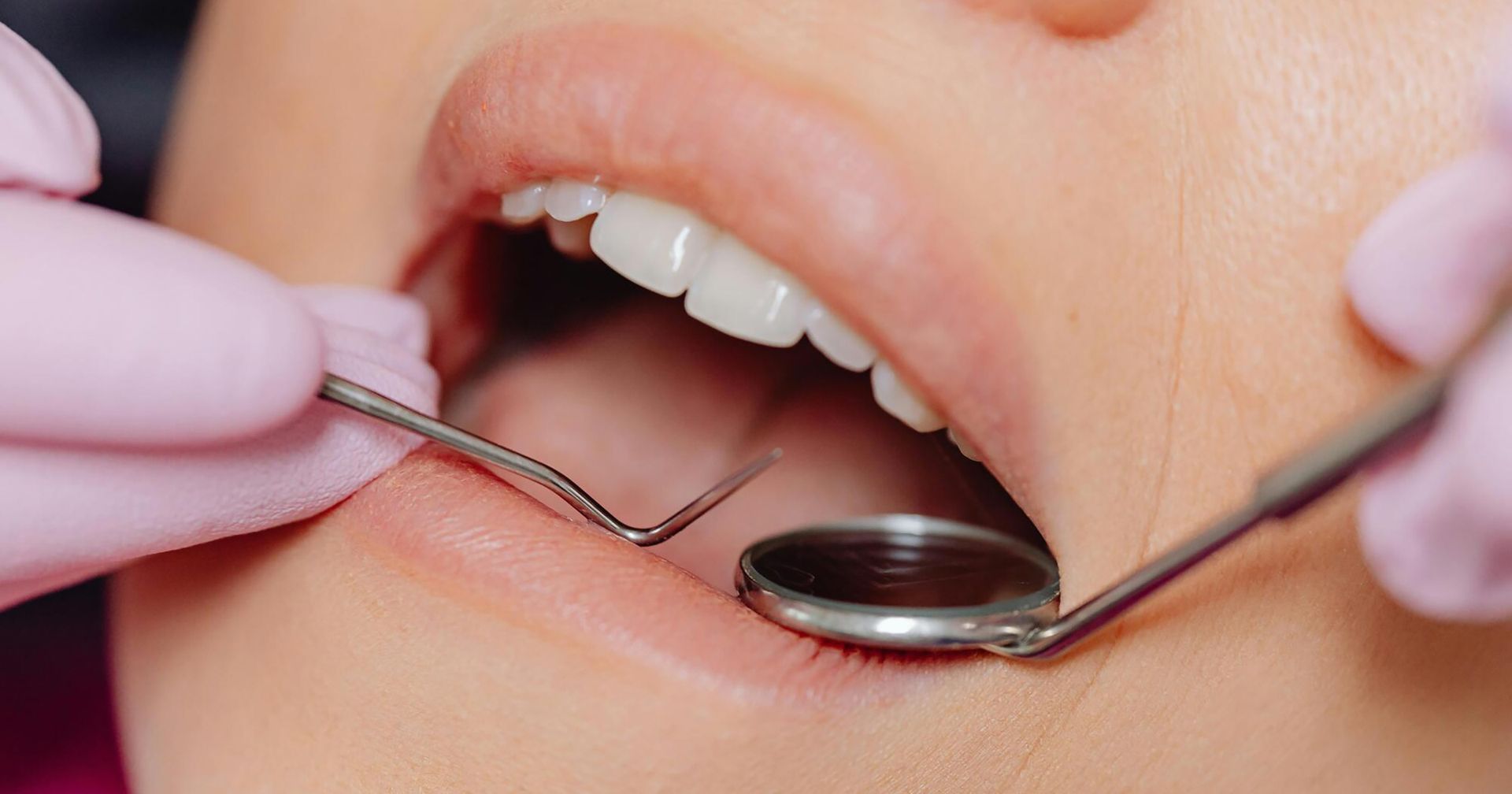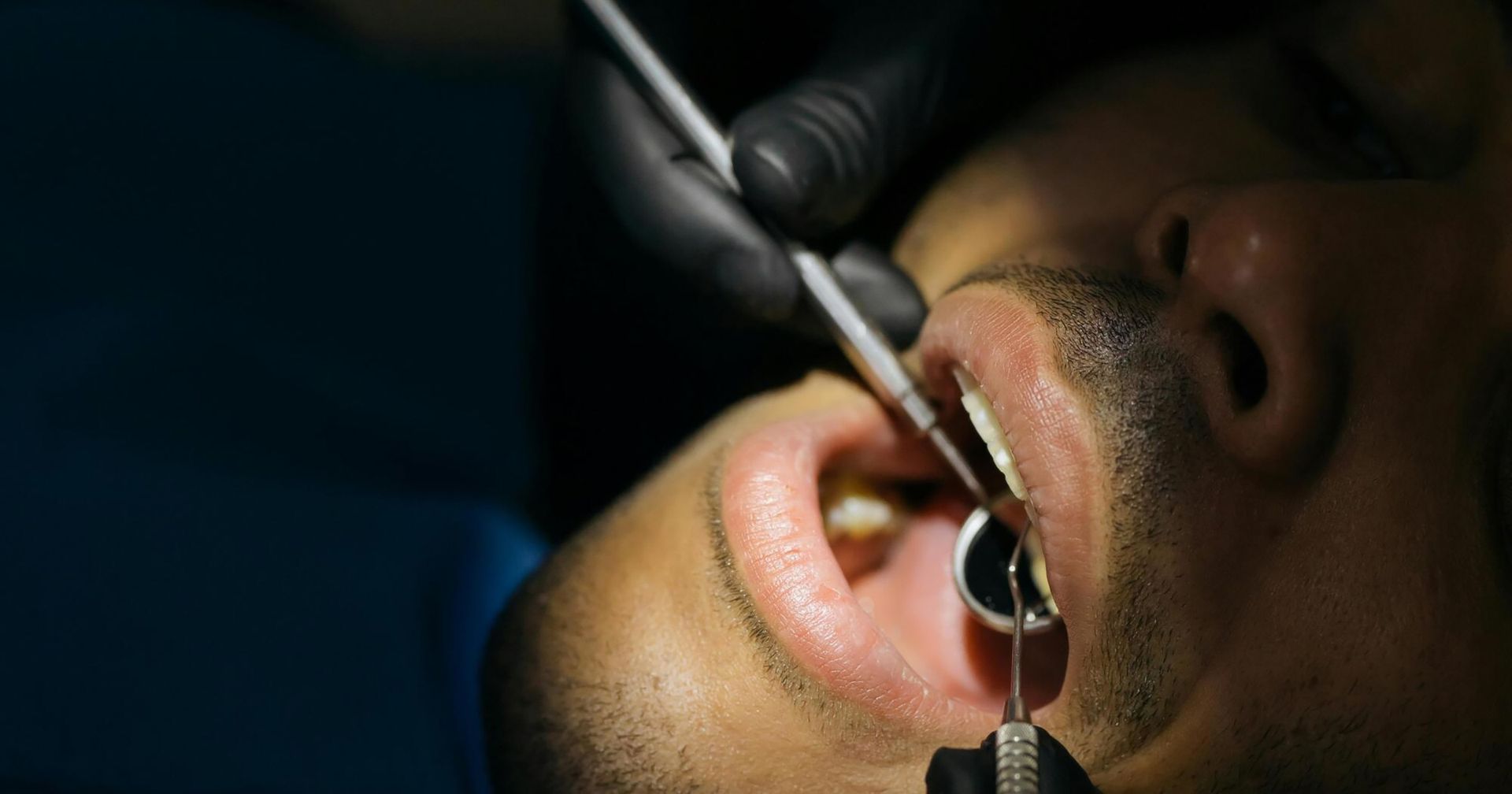There are several reasons why you should get dental veneers, but how long do veneers last? This is everything you need to understand.
Did you know that more than half of Americans have felt insecure about their smile at some time in their lives? Whether this insecurity stems from yellowed, crooked, or chipped teeth, many people want nothing more than a more traditionally attractive smile. Many achieve this desire by getting dental veneers.
However, while veneers can produce a great-looking smile, you might be wondering: how long do veneers last exactly? This is an especially important question if you plan on getting any types of veneers in the future. Luckily, this article will teach you all about what you need to know about getting veneers, including dental veneer benefits and more.
Let's first start with understanding what veneers are and what you can expect from the dental veneers procedure.
What Are Veneers?
Veneers are small composite resin or porcelain coverings for your teeth. They differ from crowns in that they are not meant to replace damaged teeth. They are chosen from a variety of different tooth colors in order to match the color of your teeth as closely as possible.
Veneers are permanently applied to your teeth. This, however, does not mean that the veneers themselves are forever as we will see later on. Veneers are very versatile because they can be applied to just one damaged tooth or they can be applied to all visible teeth for an improved smile.
Veneers are a great choice for those who have cracked, spaced, or yellowed teeth. However, they may not be a good option if you have unhealthy teeth that need removal or repair. Veneers are purely aesthetic and are simply coverings for your teeth.
However, the primary benefits of veneers are aesthetic. Those who get veneers will no longer worry about having unattractive teeth. While veneers can be expensive, a long-lasting and attractive smile can certainly be worth the cost.
However, if you've never gotten veneers before, you might be wondering what to expect from the procedure.
What to Expect When Getting Veneers
It is important to know that there are different types of veneers. The main types of veneers are traditional and no-prep veneers with the latter being far less invasive.
With traditional veneers, your teeth will need to be sanded down. Often, this will remove much of the enamel of your teeth and leave your real teeth small and stubby. This is necessary because of how the veneers need to attach to your teeth.
Since this is a painful procedure, your dentist will use anesthesia to numb the treated areas. The process for no-prep veneers is different because your teeth will not be sanded down so significantly. While the structure of your teeth will still change, the sanding will not go beyond the layer of your enamel.
Because of this, this procedure is usually not painful and does not require any anesthetics. After your teeth are sanded down, your dentist will take an impression of your teeth so your personal veneers can be created.
Waiting for the veneers to be created and sent back to your dentist is one of the longest periods in the process of getting veneers. It can take up to two weeks. However, once they arrive, then the real journey begins.
Applying the Veneers
Once your veneers arrive at your dentist's office and you come in for your appointment for their application, your dentist will first clean your teeth. If your teeth are not cleaned before the veneers are applied, any food and bacteria remaining on your teeth can become trapped beneath the veneers and quickly cause tooth decay.
The dentist will also compare the veneers to your real teeth. This is important as the dentist needs to make sure the veneers are the right color and that they are the right shape for your teeth.
After cleaning your teeth and before applying the veneers, your dentist will roughen the surface of your teeth in order to create a sturdy surface for the veneers. Then, your dentist will apply the veneers with a special kind of cement. Once the cement dries, you'll have a new set of veneers.
How Long Do Veneers Last?
The lifespan of your veneers will depend on their type. Porcelain veneers are one of the most common choices because they appear realistic. They are also very long-lasting and can last longer than 10 years, and in some cases, more than 20 years.
For porcelain veneers that last less than 10 years, this is usually due to errors made during the application process. Resin composite veneers are also common but do not last as long as porcelain. Usually, resin composite veneers last no longer than 5 years.
No-prep veneers also have their own lifespan. We've seen the benefits of no-prep veneers already, but there are more benefits to be seen. These veneers can easily last 20 years, but the average lifespan is around 10 years.
Caring for your veneers can also help increase their lifespan. Of course, dental hygiene is very important when it comes to your veneers. It is important to brush your teeth at least twice a day and have annual dental checkups and cleanings.
If you tend to grind your teeth, try to stop the habit right away as this can grind down and crack your veneers over time. If you can't stop grinding your teeth, try wearing a mouthguard while you sleep to minimize the damage.
It is also important to avoid using your teeth to open bottles, bags, or otherwise using your teeth as tools. This can be very damaging to your veneers and even cause them to chip. If you want to be especially careful, it might be best to avoid hard foods such as nuts as well.
By following these precautions, your veneers will last you many years.
The Lifespan of Your Veneers
You now know all about the different types of veneers and the answer to the question, "How long do veneers last?" As long as you take care of your veneers and choose the right type, your veneers can last you 10 to 20 years.
To learn more,
contact us here.











